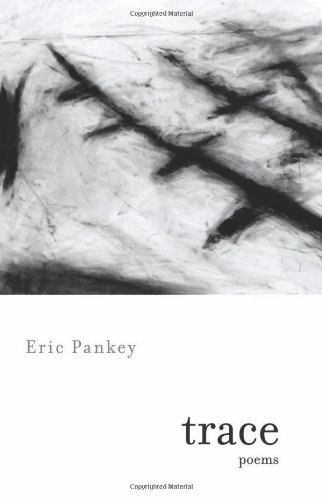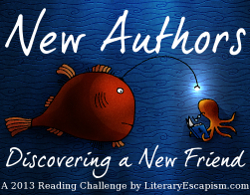Tomorrow between 10 a.m. and 6 p.m., the fourth annual Gaithersburg Book Festival will offer authors, poets, and activities for kids.
Among the authors I’m looking forward to are these:
- Maryanne O’Hara, author Cascade, which I loved!
- Tara Conklin, author of The House Girl, which I liked!
- Lauren Leto, author of Judging a Book By Its Lover, which I adored!
And those poets on the Poetry in the Afternoon Panel, I’m moderating are:
- Sarah Arvio, who wrote night thoughts: 70 dream poems and notes from an analysis
- Sally Keith, who wrote The Fact of the Matter
- Eric Pankey, author of Trace
I hope that if you are in the area, you’ll stop by the panel or at least see some great authors. This is always a great family event and shares the love of books.



 The Fact of the Matter by Sally Keith, published by Milkweed Editions on 100 percent post-consumer waste paper and who will be at the 2013 Gaithersburg Book Festival) allows nature to run rampant through the poems, lifting up the reader and at the same time opening the door to reality. While we strive to compartmentalize our lives to the before, during, and after of pivotal moments, the reality is that these moments are not separate and cannot be separated. This analytical approach to our very journeys runs contrary to the emotional and experiential ways in which we live. The struggle between the logical part of the brain and the emotional part can be seen in every poem, but it is particularly pronounced in the poems “Providence,” “Knot,” and “Crane.”
The Fact of the Matter by Sally Keith, published by Milkweed Editions on 100 percent post-consumer waste paper and who will be at the 2013 Gaithersburg Book Festival) allows nature to run rampant through the poems, lifting up the reader and at the same time opening the door to reality. While we strive to compartmentalize our lives to the before, during, and after of pivotal moments, the reality is that these moments are not separate and cannot be separated. This analytical approach to our very journeys runs contrary to the emotional and experiential ways in which we live. The struggle between the logical part of the brain and the emotional part can be seen in every poem, but it is particularly pronounced in the poems “Providence,” “Knot,” and “Crane.” About the Poet:
About the Poet:



